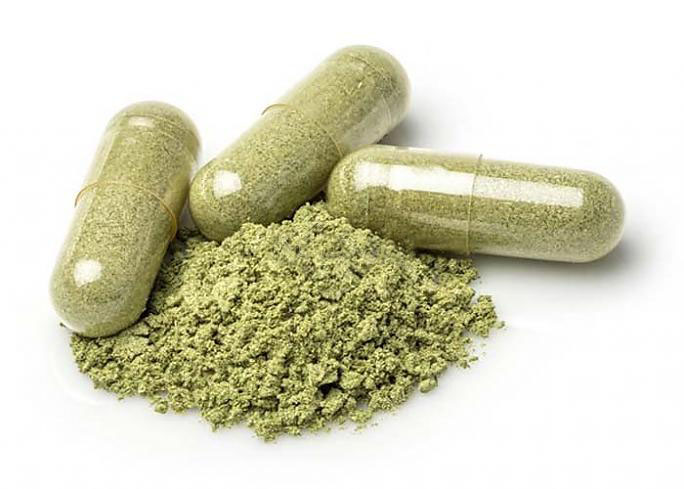The US Food and Drug Administration warned the public once again on the use of the herbal supplement kratom in a statement on Tuesday.
Scott Gottlieb, FDA Commissioner, said,
There is no evidence to indicate that kratom is safe or effective for any medical use.
He said kratom’s chemical compounds are similar to opioids, CNN reports.
Kratom plants are native to Malaysia, the leaves of which are crushed and turned into teas to cure pain, along with heroin or morphine addictions. The plant has since garnered a large following in the United States, with three to five million users, according to the American Kratom Association.
The herbal supplement is sold in the form of pills, powders, capsules, crushed tea leaves, even energy drinks, found anywhere from gas stations to small street shops.
The Centers for Disease Control and Prevention clocked a tenfold increase in calls regarding kratom to poison control centers, from just 26 in 2010 to 263 in 2015. On the bright side, most of the calls reported minimal to moderate side effects, though there was one death recorded.
But the FDA’s concerns over kratom use have grown, with the agency pointing to 44 deaths associated with the plant. The Drug Enforcement Administration announced its plans to temporarily list kratom as a Schedule I controlled substance in 2016, but withdrew after a public outcry. Now, it is listed as a drug of concern.
The FDA added that computer models found that the chemical compounds in kratom bind the same receptors as narcotic drugs. Gottlieb said, “The model shows us that kratom compounds are predicted to affect the body just like opioids. Based on the scientific information in the literature and further supported by our computational modeling and the reports of its adverse effects in humans, we feel confident in calling compounds found in kratom, opioids.”
However, researchers who study kratom were quick to point out that the FDA is making too broad a statement. Scott Hemby, head of the Department of Basic Pharmaceutical Sciences at High Point University in North Carolina, said, “They make a lot of hay of using a computer model, but it’s really nice to validate the findings with actual science.” There is a difference in how the chemicals work. “Just because it binds, it doesn’t mean it has the same efficacy” as an opioid, Hemby added.
























